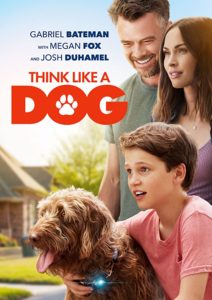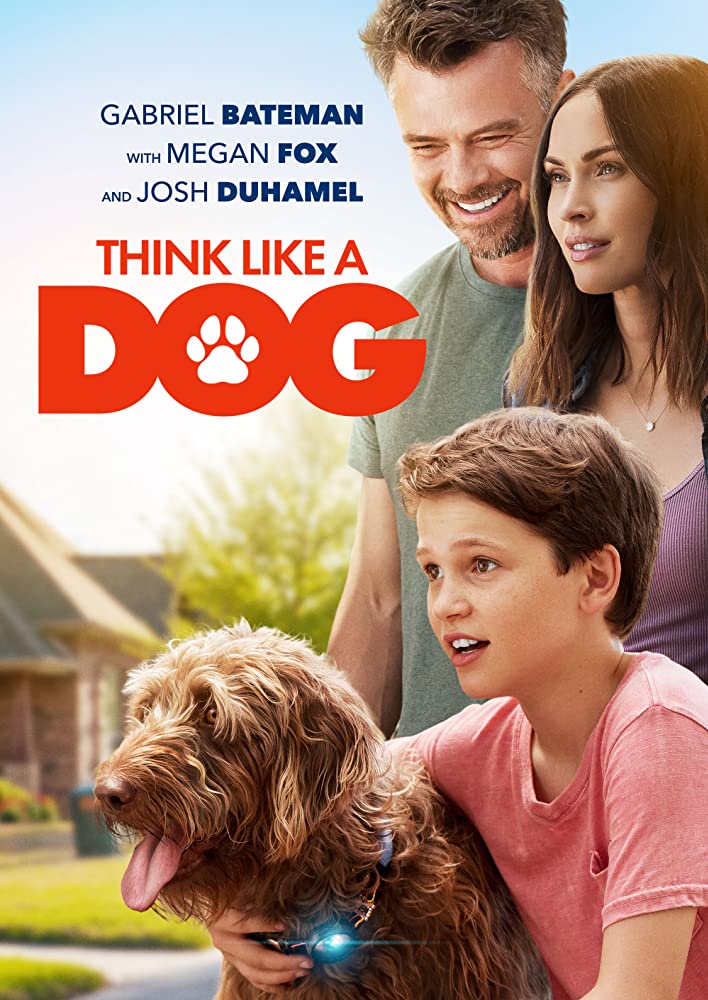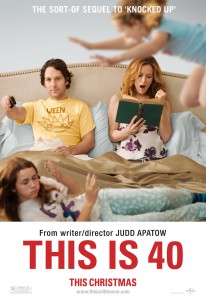Think Like a Dog
Posted on June 10, 2020 at 8:26 am
B +| Lowest Recommended Age: | Kindergarten - 3rd Grade |
| MPAA Rating: | Rated PG for rude and suggestive material |
| Profanity: | Some schoolyard language |
| Alcohol/ Drugs: | None |
| Violence/ Scariness: | Low-key peril, chase scenes, marital estrangement |
| Diversity Issues: | Diverse characters |
| Date Released to Theaters: | June 9, 2020 |

As the title “Think Like a Dog” suggests, this family friendly fantasy from writer/director Gil Junger is a welcome throwback to Disney live-action fantasy classics like “The Absent-Minded Professor,” “The Shaggy Dog,” and “The Monkey’s Uncle.” A very likable Gabriel Batemen plays Oliver, a young science whiz who invents a contraption that allows him to hear what his beloved dog Henry is thinking. As he tries to figure out a way to talk to the girl he has a crush on and remind his parents how much they care about each other, Henry helps with support and advice. Meanwhile, there are adults who are very interested in Gabriel’s technology, including a charismatic high-tech billionaire and the US government.
Oliver’s parents, Lukas (Josh Duhamel) and Ellen (Megan Fox), are devoted to him but are having a hard time communicating with each other. They do their best to hide from Oliver that they are considering a separation. Oliver is so busy with his invention for the school’s science fair that he does not notice. With the help of a friend half a world away in China (Neo Hooo as Xiao), he figures out a way to access a government satellite to get the signal he needs to make it work.
The special guest at the science fair is a charismatic Silicon Valley superstar known as Mr. Mills, played by Kunal Nayyar, as a very different kind of super-brianiac than the one he played on “The Big Bang Theory.” Oliver wants to make a good impression on Mr. Mills and on his crush, Sophie (Madison Horcher), but his demonstration fails. Disconsolate back at home, he is comforted by Henry, and then accidentally discovers that his contraption actually works — on Henry!
As Mr. Mills tries to steal Oliver’s invention and government agents try to track down whoever is hacking the satellite, Henry advises him on talking to Sophie and gently urges him to pay attention to his parents so he can help them remember to pay attention to each other.
There’s a lot more going on here, including a school play (Oliver plays Romeo!) and a bully, and some of Henry’s canine friends and rivals. Writer/director Gil Junger keeps things moving briskly, with just the right balance of action, humor, and heart.
Parents should know that this movie includes themes of parents considering a separation, and may need to talk to children about how it is not always possible to resolve differences and stay together — and not the responsibility of children to keep them together. They may also want to talk about cybersecurity. This film includes some schoolyard language, potty humor, and some chases and mild peril.
Family discussion: If you could hear your pet’s thoughts, what do you think they would be? Whose thoughts would you like to hear? Who would you like to hear your thoughts? Why did Mr. Mills want the device? Why is Henry so confident?
If you like this, try: “Clockstoppers,” “The Shaggy Dog,” and “A Dog’s Way Home” And read my interview with dog trainer Sarah Clifford.




